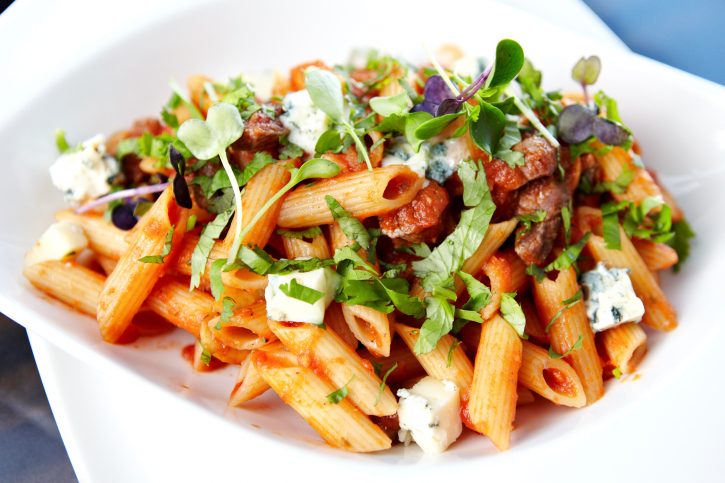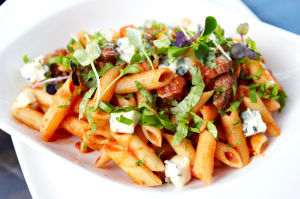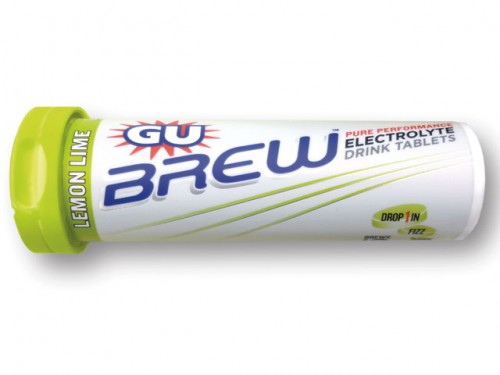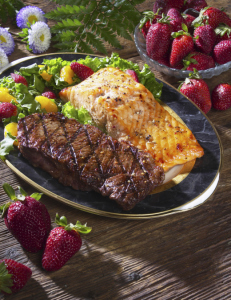Pre and post long run nutrition tips: A helpful review.

We all know that running 20, 25 or 30K on the weekend requires a bit more thought and consideration than a typical mid-week run, but sometimes the details of how much to eat, when and why can be a bit daunting.
Here then is a helpful review of pre- and post-long run nutrition tips to help tackle your next long run.
 Before you run:
Before you run:
- Aim to be well hydrated in the days leading up to your long run. Drink water regularly and if you happen to sweat a lot while running, try to intake something with some electrolytes, notably sodium and potassium.
- Eat a normal sized meal the evening before your run but try to increase the proportion of healthy, whole grain carbohydrates you ingest in the day or two leading up to the long run. If you want to practice carbo-loading, aim to consume 8-12g of carbs per kilogram of body weight in the few days before your run.
- Avoid foods with high fibre and fat content which could cause bloating and GI distress.
- On the morning of your run, be sure to ingest a small meal consisting mostly of simple carbs and a bit of protein. Most people can tolerate a meal 1-2 hours before they run but you’ll have to discover for yourself what timing works best.
- Many runners swear by a cup or two of coffee which is proven to decrease our perceived level of exertion as well as increase fat metabolism. Other options with caffeine would work also.
During the run:

- For runs lasting longer than 90 minutes or so, you’ll want to consider fuelling during the run. This is often done with easy to ingest, simple sugars such as energy gels, chews, candy or sports drinks.
- As a general rule and especially for competition, aim to ingest 30-60 grams of carbohydrates (sugars) for every hour of running. That’s about 2-3 gels or about one package of chews per hour.
- Be sure to stay well hydrated with water or an electrolyte beverage. Some require more fluids than others and almost everyone will experience mild dehydration following a long run.

After the run:
- Aim to re-hydrate immediately by consuming fluids that contain some electrolytes. Opting for something with a bit of protein, such as chocolate milk, will also aid in muscle repair and recovery.
- Within 30-60 minutes of completing your run, eat something that contains complex carbs and protein. This will optimize glycogen replenishment and speed the recovery process.
- Aim to snack and eat a bit more throughout the day in order to meet any potential energy deficits.
Additional notes
- Those training for longer races such as the marathon should aim to use long runs to practice race day fuelling, including what works best the night and morning before an important run as well as what you’ll eat during the race.
- Completing occasional steady-state long runs with minimal fuel both before and during may be an effective way to teach the body to burn more fat and rely less on carbohydrate metabolism.
- Remember that one mile of running burns approximately 100 kcal of energy so it’s important to be conscious of how much energy you actually expend on your run. Long runs are not an automatic excuse for all-you-can-eat and it’s important to maintain energy balance.
Check out the latest buyer's guide:
Best trail running gear for spring 2024
Explore our favourite trail running gear for short trips and longer treks, from watches to gaiters


